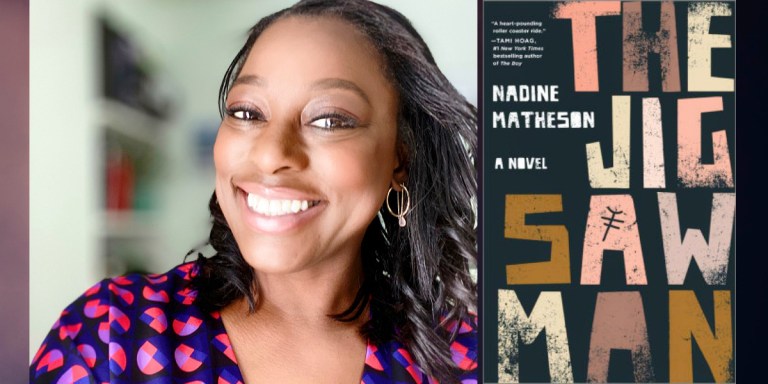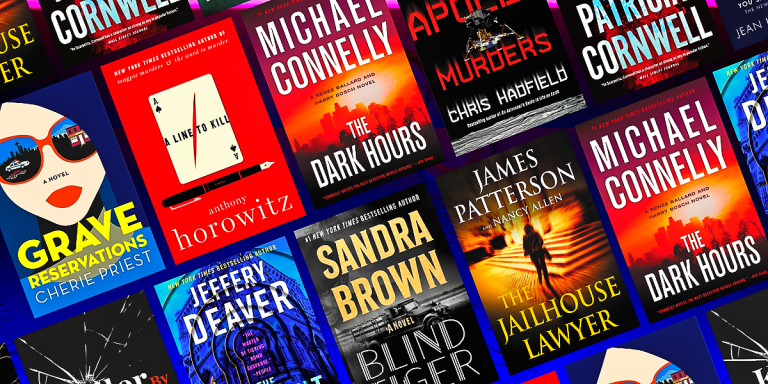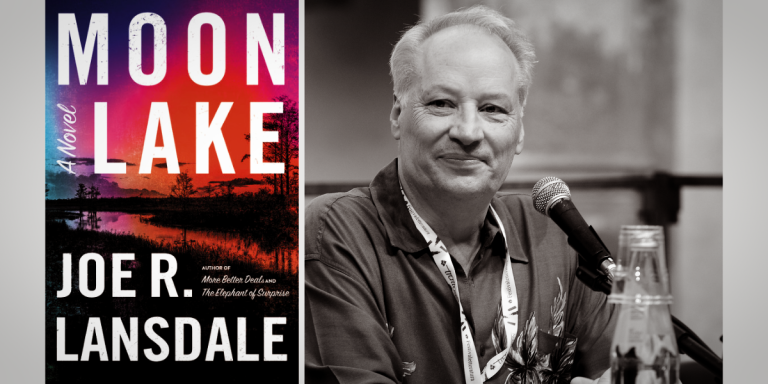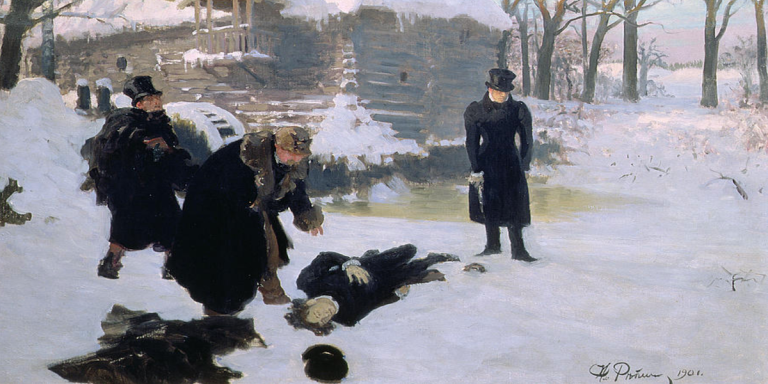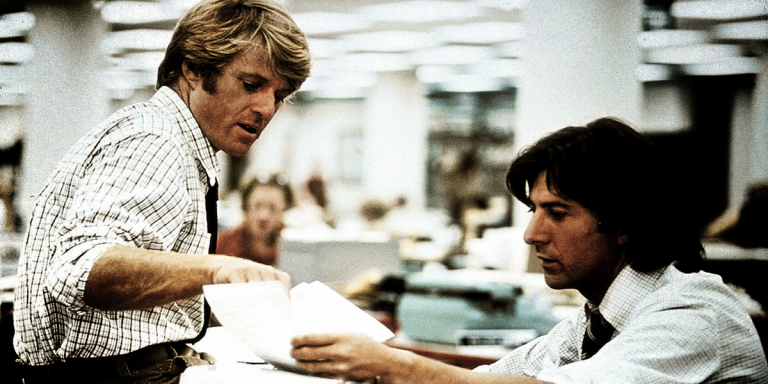Classic PI Archetypes: Did Sam Spade Have Milk in His Fridge?
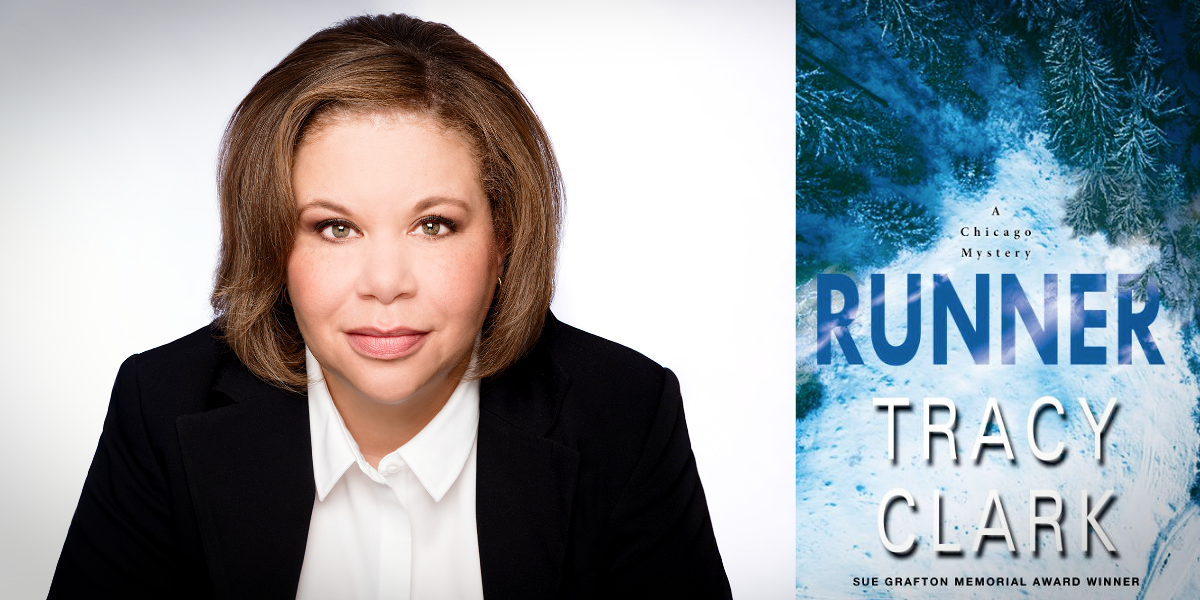 How Cass Raines adheres to and diverges from Classic PI archetypes
How Cass Raines adheres to and diverges from Classic PI archetypes
Did Sam Spade have milk in his fridge? Did he even have a fridge? I don’t think Hammett ever told us, did he? In fact, we didn’t know a whole lot about old Sammy overall, outside of the obvious gumshoe-ness of the man. His contemporaries were much the same, men of mystery. MEN of mystery. They were pillars of bullet-pocked stone tough-guying their way down dark alleys of The Big City (NY, LA, for some reason never Boise), just doing the thing for a few crumpled bills and a shot of whisky at the end of a harrowing case, which inevitably left the bad guy lying in a pool of his own blood. Did tough guy lament the loss of the scumbag? Please. Next case, fella. Hi ya, how ya doin’, Doll.
These were the PIs I read about in books and watched in all those noir movies, and I liked them. I was drawn in by their independence, their moxie, their snark, their “outsider” rep. I liked that they didn’t give a flip of a pancake that they were consistently on the wrong side of the police and the villains, or that they turned left when the rest of the world turned right. They were bantam-weight boxers, these guys, forced into the ring with a heavyweight without the good sense to put their gloves down and call it. The tough guy PI stood toe to toe with giants, knowing full well he was about to get pounded, and still he spit on the giant’s shoe just to let him know he wouldn’t be going down easy.
This was the PI archetype looming before me when I sat down to write my first PI novel featuring Cassandra Raines, a Black, female PI working the streets of Chicago. Right away my initial character choices strayed from the classic PI path. First, Cass was female, so there were not going to be a lot of fistfights and whisky drinking in her future. Secondly, she was Black. The world works a little different for those labeled “other.” There were stereotypes Cass would have to disprove, expectations she would have to defy, prejudices she would have to face down … and then she’d have to solve the crime.
I laid out all the tropes perfected by the likes of Macdonald and Spillane and picked the ones I wanted to tinker with, ditching the ones I didn’t want to carry through, like the societal myopia. My PI, Cassandra Raines, Cass to her near and dear, Cassie to those with a death wish, would be tough and snarky and caught between the police and the bad guys. She would be relentless, intelligent, resourceful, but she would very much lament the loss of life. Empathy and compassion would accompany the toughness.
Cass is by nature solitary, a classic outsider, who, like her fictional predecessors, pokes at authority. She isn’t afraid to go it alone, in fact, she quite prefers it that way. She stands firmly in the gap for the little guy because it’s the right thing to do. The giants are still there. Cass faces them all the time knowing she’s taking a risk, and, though she likely won’t spit on the big guy’s shoes, she is not above stomping the shine off them.
These are the building blocks I used to bring Cass to life, to inform her personality, to animate her on the page. She’s no pushover, no shrinking violet; she’s as human as I can make her, and as relatable on the page as any real person has the potential of being out in the real world.
But here’s the difference between the originators and me—they put in the hard work of creating all those classic tropes while I have the luxury, Jane come lately that I am, of just juggling them around. I’m a trope juggler. I can either embrace conventions or fly in the face of them, figuratively moving from the automat turkey plate of Marlowe’s time to the Uber Eats of Cass’s. I borrow a little and build the rest.
Cass’s job is not all we know about her. She has a life outside of her office. Who knows where Spade went at quitting time? Cass has people, a home, a television set, a lawn chair. She does everyday things like everyday people, like taking her clothes to the cleaners and washing her car, shoveling snow, grilling hotdogs in her backyard. There are some things she does very well, and there are things she sucks at. Cass has baggage, baggage is good to unpack in fiction. In short, the woman has all kinds of business. Spade and Marlowe just had cases. Because Cass has a support system, someone would notice if she did not come home after three days of pounding the street for clues.
Back to the lamentation. This is the emotional area where I gave Cass some depth of feeling that can’t be dulled by whisky shots and bar fights. When we first meet her in book one of the series, BROKEN PLACES, she is at her lowest point, wounded physically and emotionally and haunted by an action she was forced to take, one that carried with it deadly consequences. This action, the scars it left behind, again both physical and emotional, follows her from book to book. Readers meet her at the broken places (see how important titles can be?). It is at this meeting point where Cass becomes more than banter and doggedness. It is here that we see her vulnerabilities and uncertainties, her blind spots, the fullness of her struggle, and come to know her.
Discovering our characters’ dark places is the fun part of writing and character-building. Don’t we generally learn more about a person from seeing them at their low points as opposed to their high points? So, we writers scuff characters up and give them weight to carry. The greater the weight, the greater the struggle; the greater the struggle, the greater the conflict. Fiction is conflict.
So, a hearty huzzah to the trope flippers, all those crime writers who moved the needle on female representation, giving validation and voice to the fullness of female lives. Each one has inspired me to put in my own two cents’ worth.
Thanks to them, Cass Raines is out there fighting the good fight, thwarting killers, mowing her lawn, and painting the walls in her apartment. She has bills to pay and things to worry about. She pumps her own gas and eats way too many carbs, which she always manages to work off.
I have no idea if Sam Spade shopped for cheese, milk, or orange juice, or whether any of that was in his icebox. I don’t have a clue where he got his suits pressed. As a reader, I would have liked to know. These details would have humanized him a bit more. What we got, though, was good, and the tropes got us here. They are the rock on which today’s PI writers stand, even if most of us stand on that rock with one foot firmly on, and one firmly off.
And, for the record, Cass has milk in her fridge. It may be a bit past its expiration date, but it’s still good. She likes doughnuts, too.
So there, Hammett!
About the Author
Tracy Clark is the 2019 Sue Grafton Memorial Award-winning author of the highly acclaimed Chicago Mystery Series featuring hard-driving, Black, ex-homicide cop turned PI Cassandra Raines. In RUNNER, which has earned a starred review from Publishers Weekly, Cass searches for a runaway teen—and unearths a twisted world full of misdirection and lies.
Tracy is also an Anthony and Lefty Award finalist, and her books have been shortlisted for the American Library Association’s RUSA Reading List, named a CrimeReads Best New PI Book of 2018, a Midwest Connections Pick, and a Library Journal Best Books of the Year selection. A native of Chicago, she works as an editor in the newspaper industry and roots for the Cubs, Sox, Bulls, Bears, and Blackhawks equally. She is a board member-at large of Sisters in Crime, Chicagoland, a member of International Thriller Writers, and a Mystery Writers of America Midwest board member. She is currently a finalist for the Left Coast Crime Fiction “Lefty” Award for Best Mystery of the Year. You can visit Tracy online at tracyclarkbooks.com.
Chicago in the dead of winter can be brutal, especially when you're scouring the frigid streets for a missing girl. Fifteen-year-old Ramona Titus has run away from her foster home. Her biological mother, Leesa Evans, is a recovering addict who admits she failed Ramona often in the past. But now she's clean. And she's determined to make up for her mistakes—if Cass can only help her find her daughter.
Cass visits Ramona's foster mother, Deloris Poole, who is also desperate to bring the girl home. Ramona came to Deloris six months ago, angry and distrustful, but was slowly opening up. The police are on the search, but Cass has sources closer to the streets, and a network of savvy allies. Yet it seems Ramona doesn't want to be found. And Cass soon begins to understand why.
Ramona is holding secrets dark enough to kill for, and anyone who helps her may be fair game. And if Ramona can't run fast enough and hide well enough to keep the truth safe, she and Cass may both be out of time.
By clicking 'Sign Up,' I acknowledge that I have read and agree to Hachette Book Group’s Privacy Policy and Terms of Use
What to Read Next
